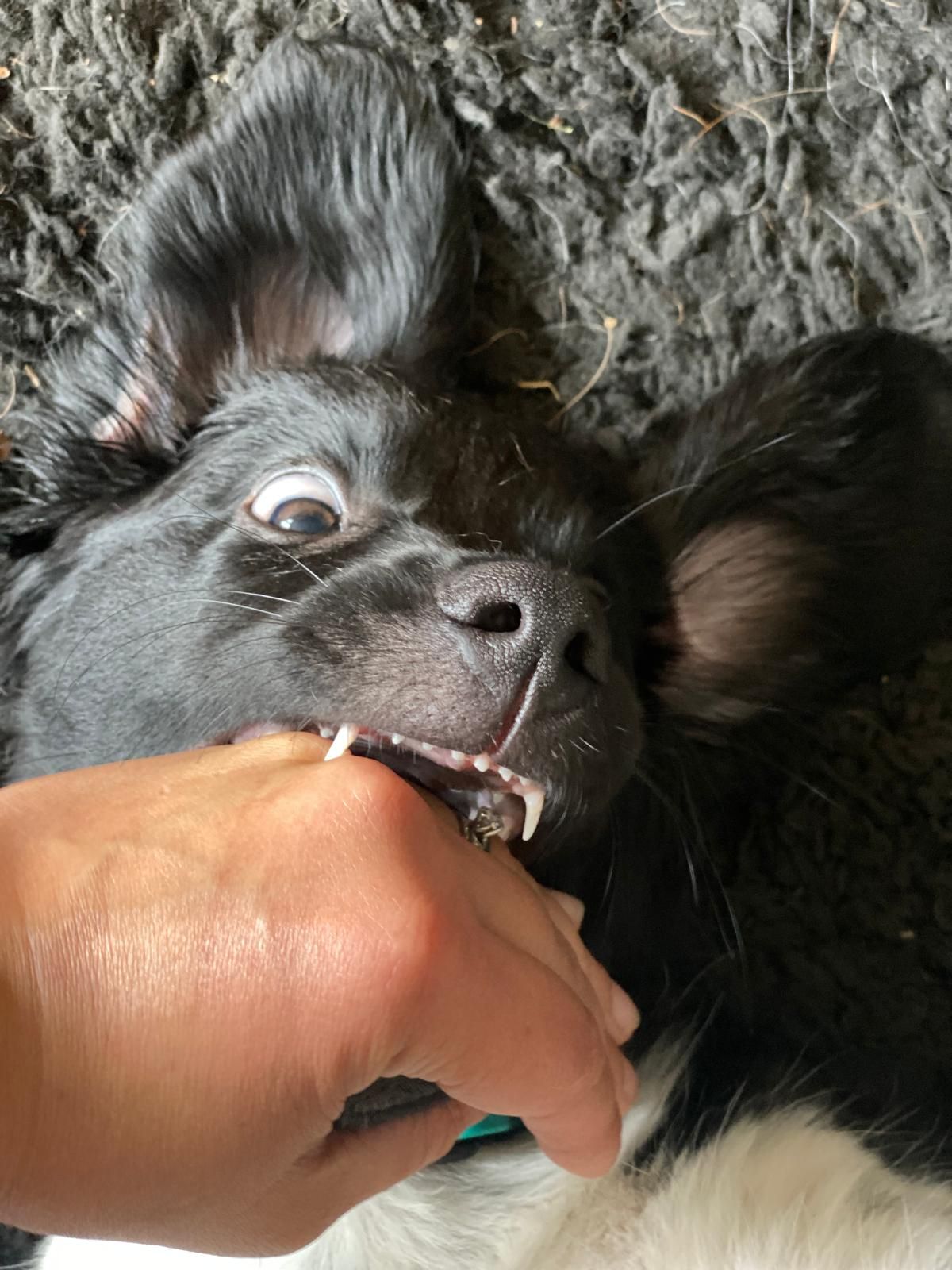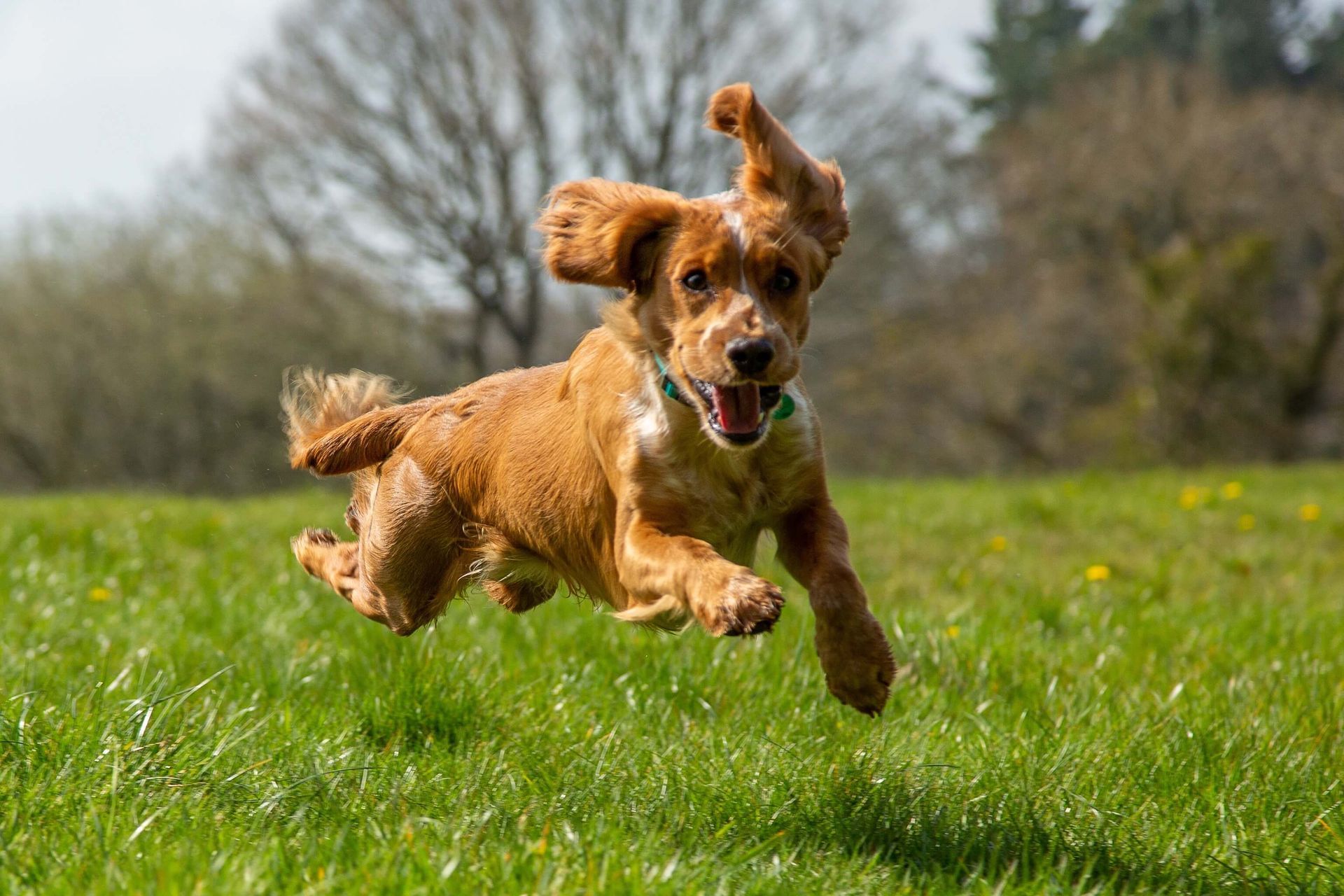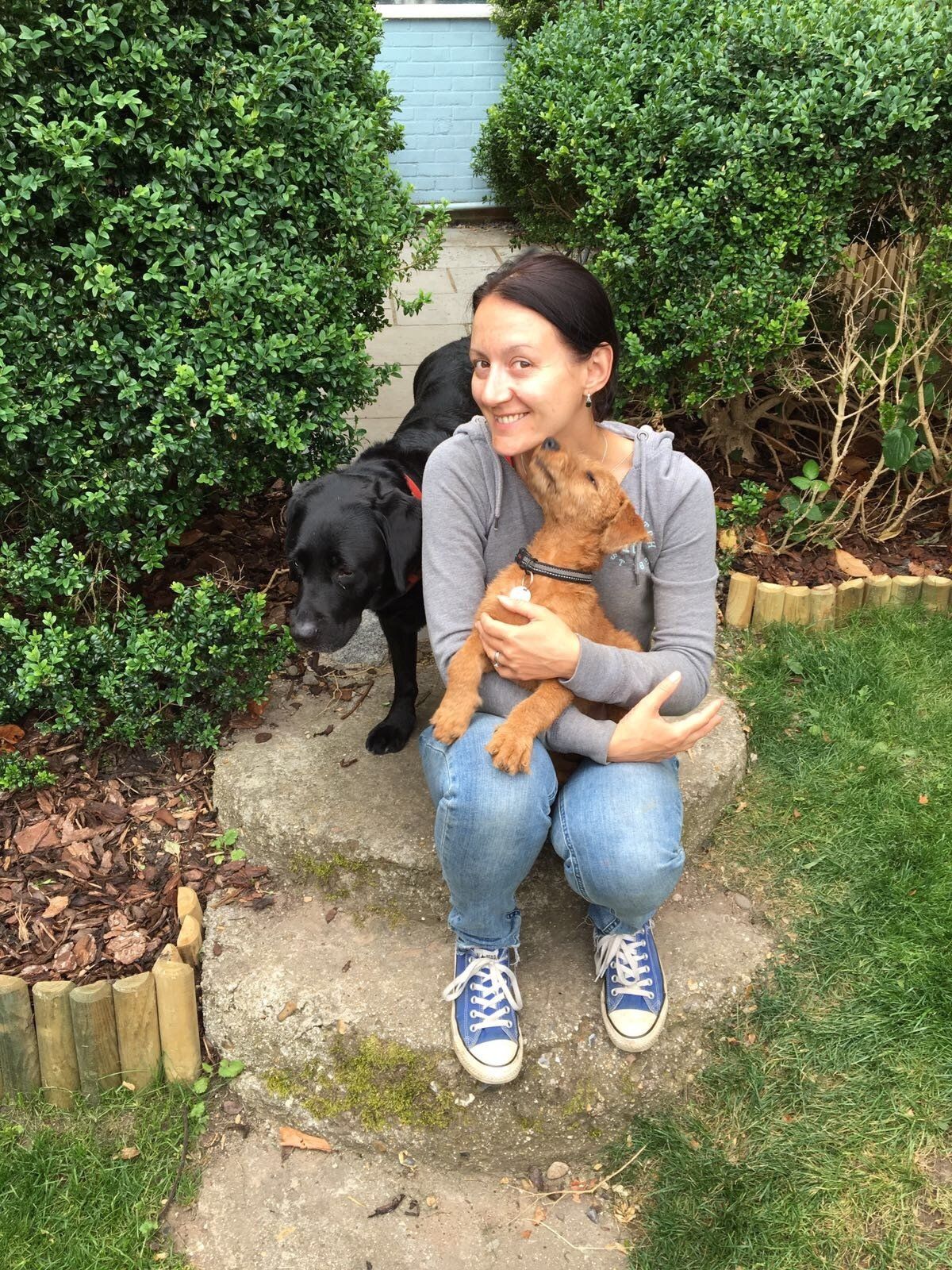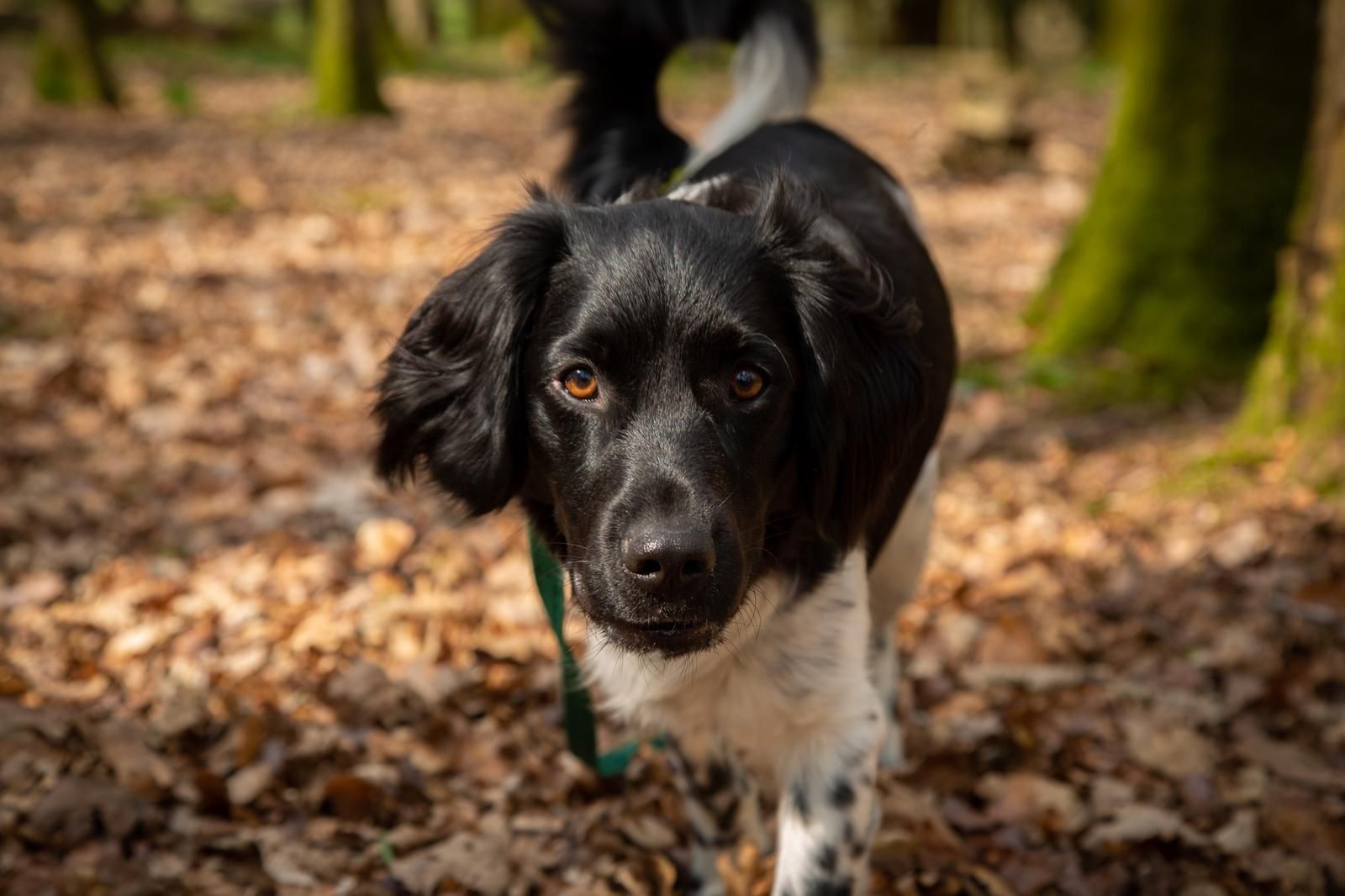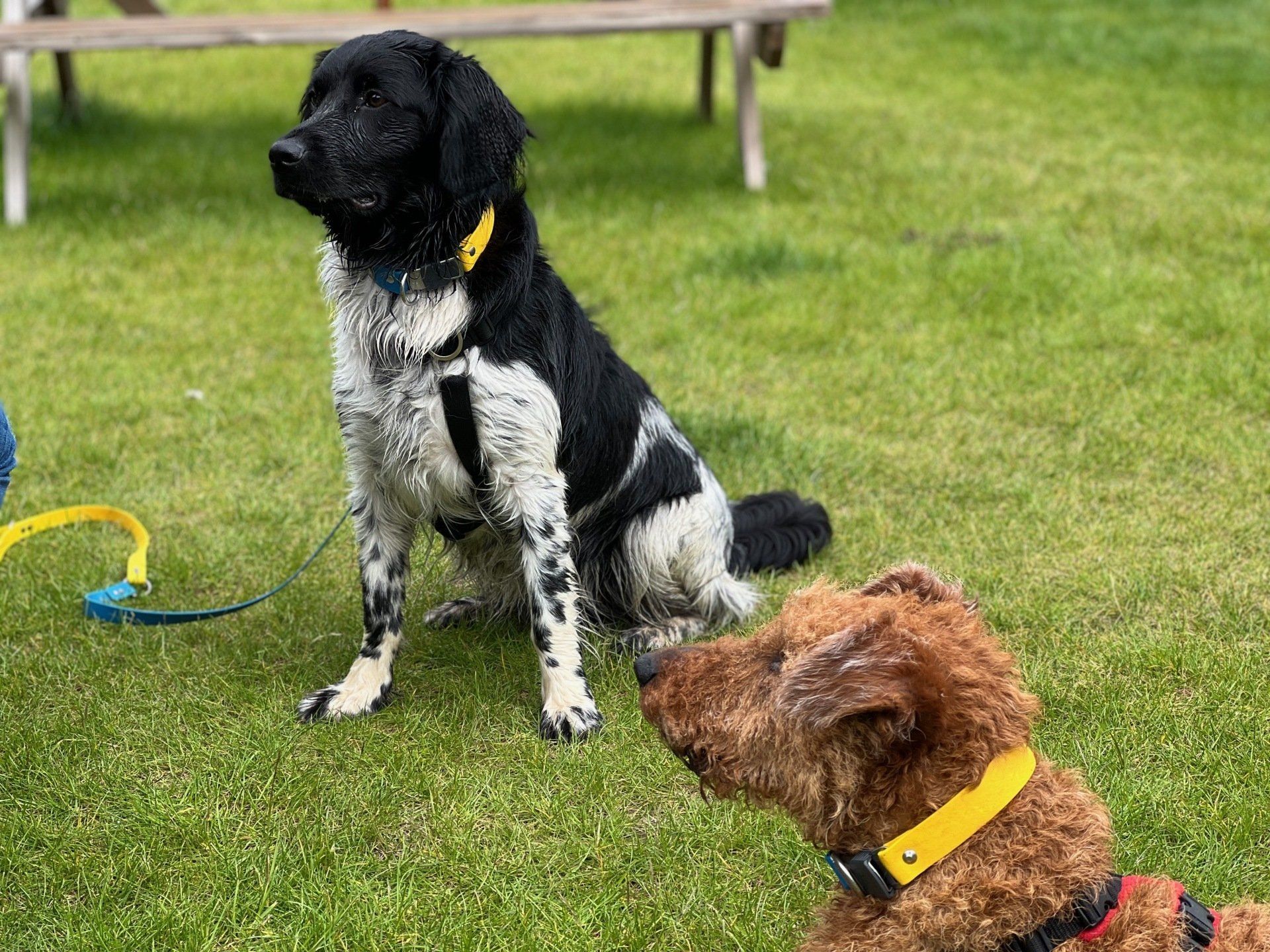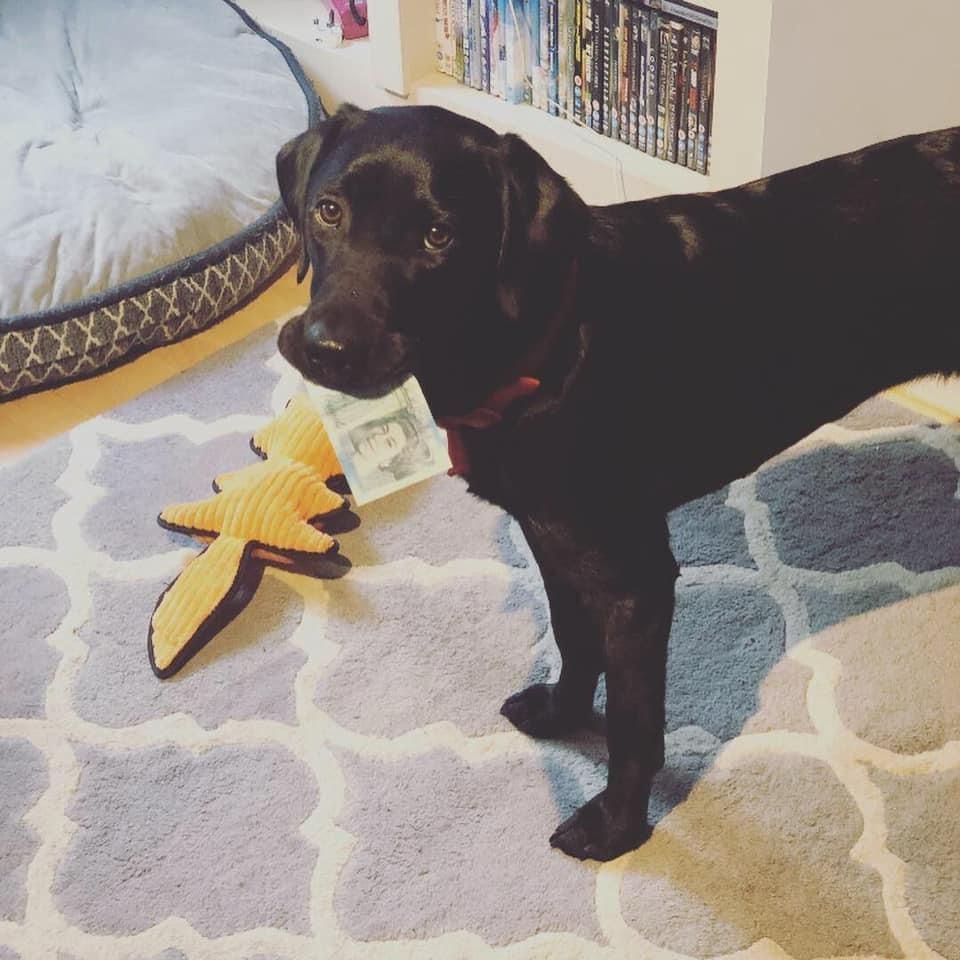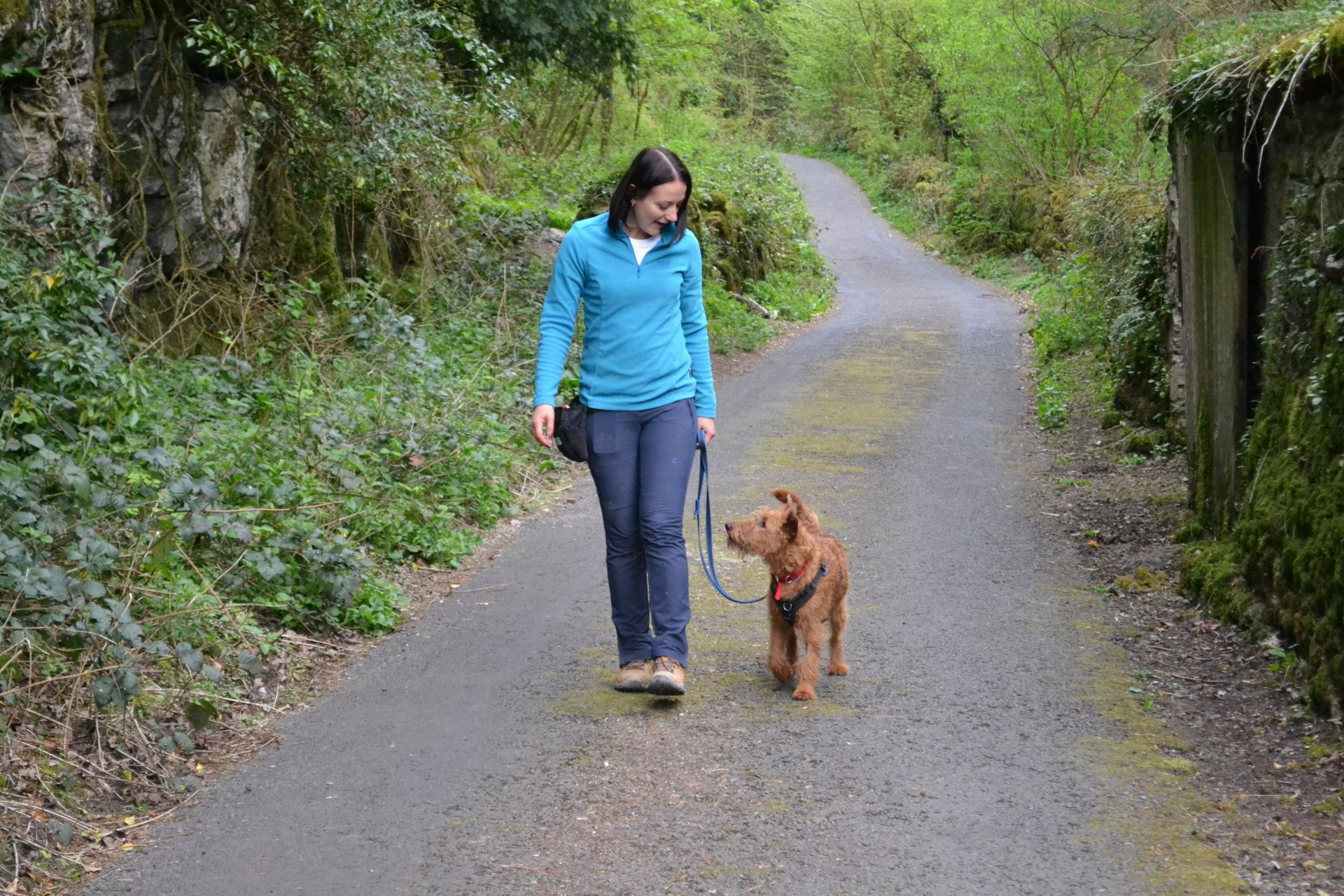
Choosing a Puppy - importance of the Breeder
- by Tash Clark
- •
- 01 Dec, 2020
- •
Tips on choosing a good breeder for your new puppy
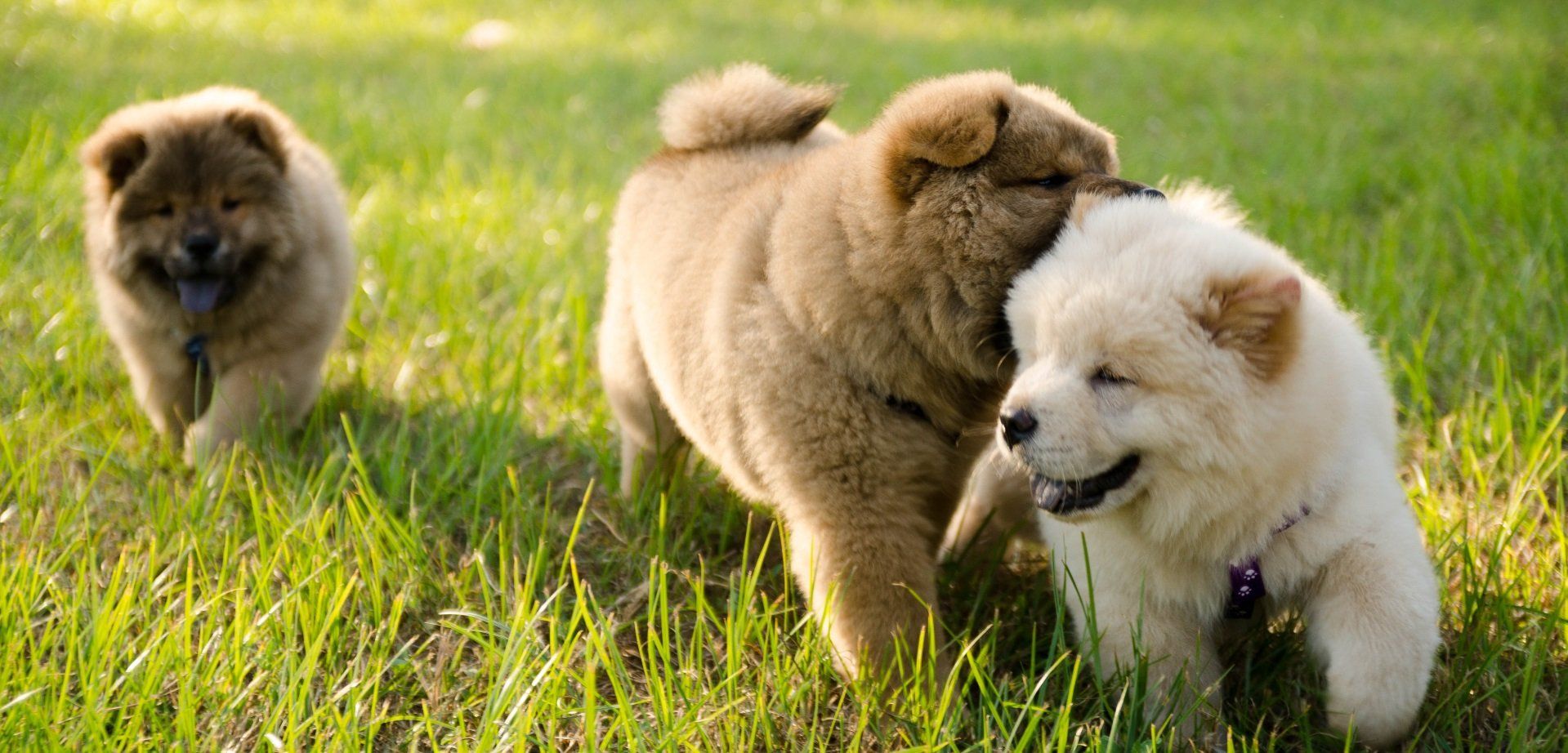
You are getting a puppy! 🐶
What an exciting time! You have made the decision to get a dog, considered the time and financial implications and meticulously researched different breeds. You may have already chosen a name - all that’s left is to choose that perfect bundle of fluff to bring home!
Now, having worked with several hundreds of puppies over the last few years, I know that something that is equally, if not more important than choosing the right breed of puppy, is choosing the right breeder.
I think, by now, everyone is aware of puppy farms and why you should not be buying your puppy from a puppy farm, as you know how important it is for your puppy to have the best start in life. However, what if I told you that your new family member may not have had the best start in life even if they did not come from a “typical” puppy farm that we imagine when someone mentions it?
Some people get puppies rather than getting a dog from a rescue mainly because they believe they would avoid potential behavioural issues that an older dog from a rescue may have. Please, don’t get me wrong, I am by no means suggesting that you should not get a puppy if it is a right decision for your circumstances.
But what if I told you puppies are not quite the blank slates we are led to believe them to be?
Your puppy arrives to you with 8 weeks of life experiences. Those early experiences are absolutely crucial for the puppy to learn about the world around them, to create a “reference library” of what is safe and what is normal, what they should and shouldn’t be fearful of, and so the more experiences they have had before they even get to you, the easier your life with your new family member will be. Mum’s stress during pregnancy will affect her puppies’ resilience to stress - so even the prenatal experiences will play a part in shaping your puppy’s future.
Puppies coming from really good breeders could be easier to toilet train, have fewer issues with puppy-biting or chewing. They would have experienced car rides, separation from mum and siblings (which makes their first few nights in the new home a lot less stressful), learned that following people is fun (helps with recall), learned some puppy manners already (for example, sitting instead of jumping to get the things they want), been introduced to typical household noises, and are happy to be handled. These are just a few examples of the benefit of getting a puppy from a good breeder that invests time in their puppies.
So what to look for in a breeder:
🐾 Good breeders have waiting lists - most already have prospective buyers lined up before the mating even happens, so be prepared to wait.
🐾 The breeder will ask you a lot of questions - about your lifestyle, work commitments, puppy care arrangements. I would walk away if the breeder does not ask those questions
🐾 Puppies from good breeders will come with lifetime backup, and a contract that a puppy is to be returned to the breeder should you no longer be able to care for them.
🐾 Parents will have had all relevant health tests (even if it is a crossbreed litter)
🐾 Covid restrictions allowing, a good breeder will want you to visit the litter, rather than making excuses
🐾 When you visit the litter you want to see puppies interacting with mum and siblings
🐾 You want mum to be relaxed in your presence, and happy for you to interact with the puppies. If the mum has to be put in another room - this is a big red flag for me!
🐾 You want to see a lot of toys and different objects in the puppy pen - think “circus threw up in the puppy pen” [Suzanne Clothier] so puppies have experienced biting toys, walking on different surfaces, exploring novel objects
🐾 There will be a defined toileting area in the puppy pen for younger pups (in an ideal world a litter tray with grass, wood pellets or wood shavings – things that resemble surfaces in the garden) - and older pups will be taken to toilet outside frequently.
What I would avoid:
🐾 Puppies brought up outside in kennels (even if the kennels are “nice”) - puppies do not get enough exposure to household noises, people, handling
🐾 Mum cannot be seen with puppies because she is “protective” of them - could indicate that mum does not have the temperament that you would want for your family dog
🐾 Breeder does not ask you questions
🐾 Breeder rushes you to make a decision
🐾 No toys/different objects for puppies to explore in the puppy pen area, pen area dirty/smelly
🐾 Puppies do not look healthy (discharge from eyes, dirty bottoms, they smell) - walk away
🐾 Even if the breeder is licensed with the local council or Kennel Club it is not a guarantee that they will bring up a litter of well-rounded pups (although it is a good place to start)
Getting a puppy is an emotional, financial and time commitment for the next 10-15 years. Choosing your puppy wisely will benefit both of you 🐶🐾
Where would I look for a breeder? I would start with personal recommendations – if you know someone who has a dog of a breed that you want with a temperament you like – ask them. Breed clubs or breed/crossbreed Facebook pages are a good starting point too – where people share their experiences is another place where I would look.
I hope this helps someone in selecting their new puppy!
References:
Clothier, S. “From 0-63 Days: Understanding How Early Puppyhood Development Affects Behaviour for Life”, 2020, PPG Geek Week
Barbazanges, A, et. al. “Maternal Glucocorticoid Secretion Mediates Long-Term Effects of Prenatal Stress”, Journal of Neuroscience 15 June 1996
Maccari, S. et. al. “Prenatal stress and long-term consequences: implications of glucocorticoid hormones” Neuroscience & Biobehavioral Reviews, V. 27, Issues 1–2, 2003, pp. 119-127

Dog behaviour consultations and training are provided by Dogs be Dogs, a trading name of N V Clark Limited, registered in England no. 10730091
Registered office: Rosemary Cottage, Palmers Lane, Burghfield Common, RG7 3DU
Group class services are provided by Dogs be Dogs Limited, registered in England no. 13240349
Registered office: Rosemary Cottage, Palmers Lane, Burghfield Common, RG7 3DU
Please note, this address is NOT our training venue, but the registered business mailing address only.

